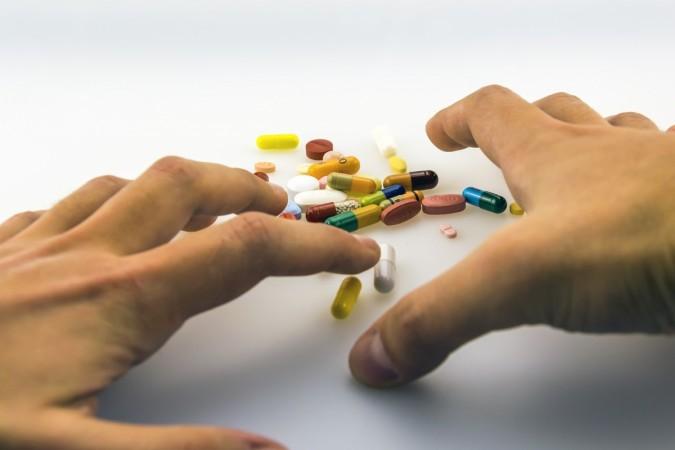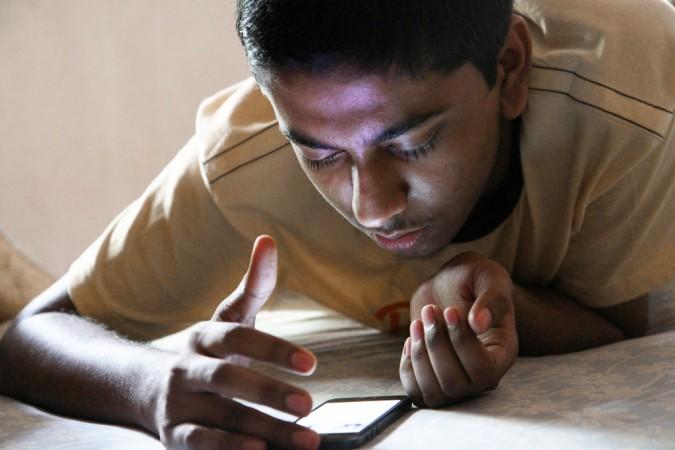
Over the weekend the World Health Organization (WHO) has officially recognised "compulsive sexual behaviour" as a mental disorder, however, it still remains unclear if it can be called an addiction that is on the same level of gambling or drug abuse.
Also, the term "sex addiction" is not something that most experts agree on as a condition. In its latest update, their International Classification of Diseases (IDC), the WHO seems to have taken a step towards legitimising this contentious subject and they have done this by adding "compulsive sexual behaviour disorder" (CSBD) as a mental illness.
So far, the WHO has not actually placed CSBD under other addictions and addictive behaviours like substance abuse or even gambling. They have reportedly said that there is more research needed before this disorder can be labelled an addiction.

"Conservatively speaking, we don't feel that the evidence is there yet... that the process is equivalent to the process with alcohol or heroin," WHO expert Geoffrey Reed told AFP on Saturday.
In the updated ICD, WHO has said CSBD was "characterised by persistent failure to control intense, repetitive sexual impulses or urges... that cause marked distress or impairment".
But it said the scientific debate was still ongoing as to "whether or not the compulsive sexual behaviour disorder constitutes the manifestation of a behavioural addiction".
Reed went on to explain that it was important that the ICD, which is used as a registry around the world as a textbook for diagnosis by medical professionals as well a manual for health insurers, includes concise definitions of most conditions, now including one for CSBD. This is done to ensure those affected can get the required help.
"There is a population of people who feel out of control with regards to their own sexual behaviour and who suffer because of that," he said while at the same time mentioning how at times, unchecked sexual behaviour had "very severe consequences." He added that there is a genuine clinical population of people who have a legitimate health condition and who can be provided services in an appropriate manner.
Statistics relating to the actual number of people who suffer from CSBD is yet unknown, but now that it is officially part of the ICD, it is likely to prompt research into the disorder and effective treatment can also be formulated, he said. In the future, it might just be reclassified as an addiction, but, "that is just not where we are at this point," Reed said.
Earlier this year, Gaming addiction was added to the ICD, much to the chagrin of some experts in the field.

















